8 Warning Signs to Recognize in Order to Avoid Expensive Car Repairs
We use our cars almost every day to go to work or get chores done, and we don’t think much about them breaking down. It’s essential to understand how our vehicles work and what signs we need to look out for to prevent costly repairs or, even worse, getting stranded without help, making our day a total nightmare.
1. Dashboard lights
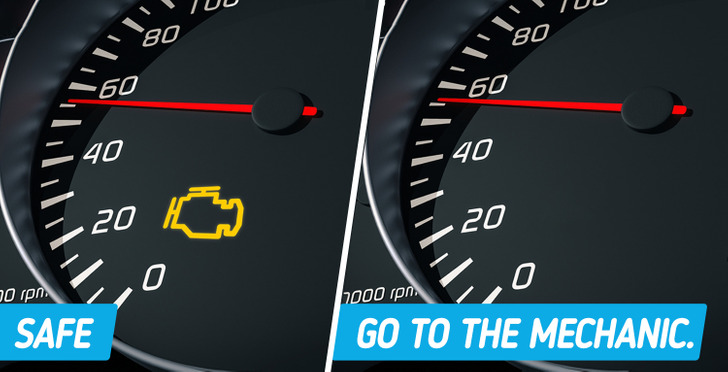
You’ve probably seen various lights pop up on the dashboard; every light has its own meaning. The most important one out of all of them is the check engine light. It would be best if you kept a close eye on it because when it’s on, that usually means there’s an issue with your vehicle, and you should go to a mechanic. If it starts flickering, that indicates a significant problem.
2. Vibrations
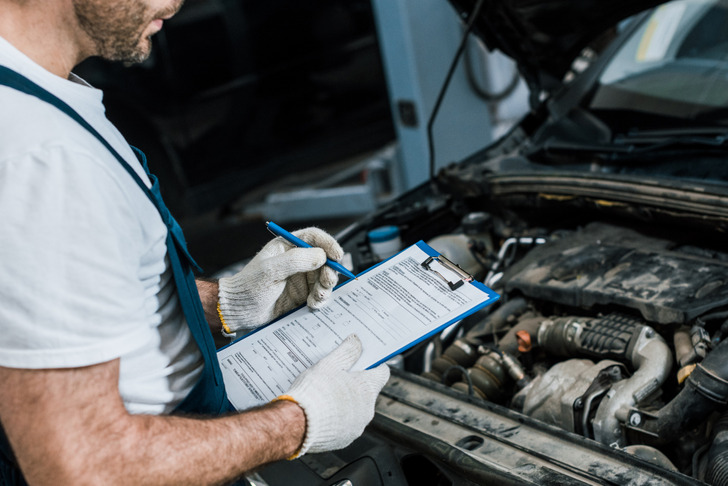
You should never feel vibrations inside your car while driving. Usually, that’s a bad sign. You should go to a professional and have them inspect your vehicle as soon as this starts happening. The following problems generally cause vibrations:
- Bad brakes
- A flat tire
- Lack of oil
- Failing engine joints and other things
3. Smoke
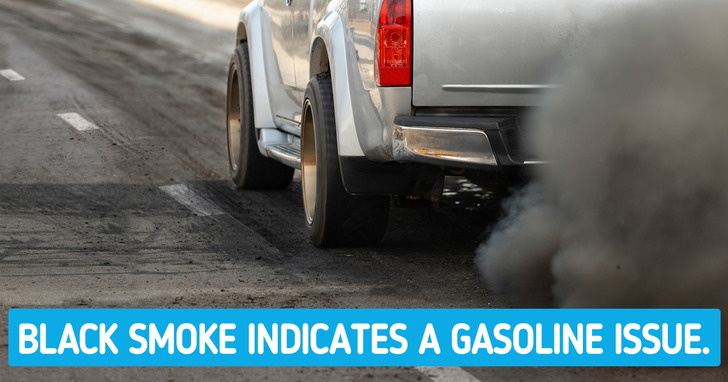
The exhaust pipe is the only place that smoke should come out from on your car. If smoke is coming out of your vehicle, you must handle this matter as quickly as possible. This is an essential indicator that your vehicle needs service. There are various reasons why your car is releasing smoke.
- Engine overheating causes smoke to come out of your hood.
- If black smoke is emitted from your car, that means there’s a gasoline issue.
- An oil leak can cause blue-tinted smoke.
4. A bad smell
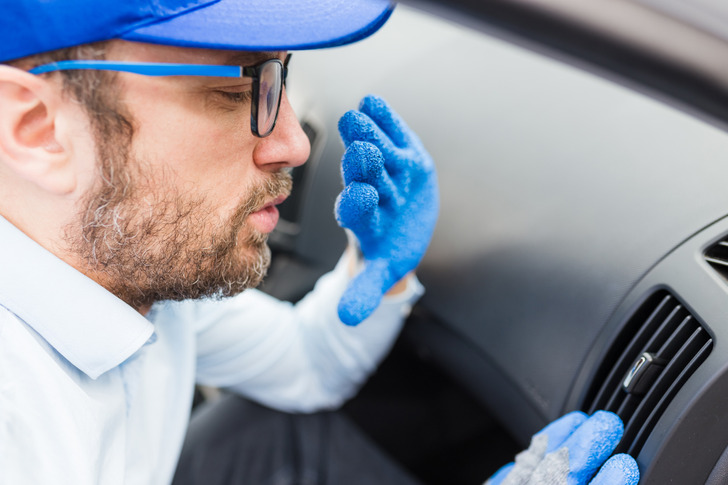
While many scents indicate minor issues, some may signal severe conditions that require immediate expert care. Different smells indicate various problems. Here are a few examples:
- A rotten egg smell indicates a catalytic converter issue.
- A burning smell means an electrical problem.
5. Stalling
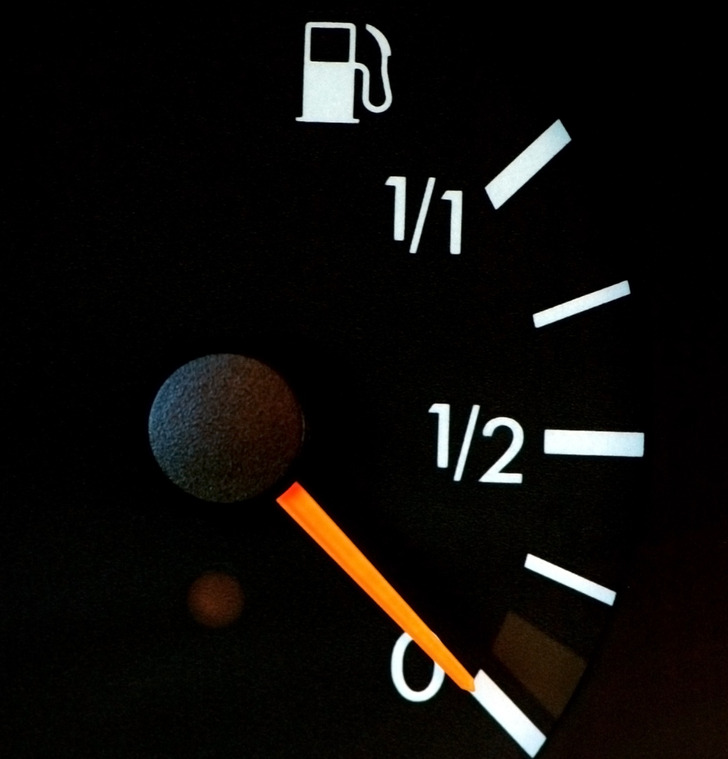
Stalling means that your car engine has stopped working because of an issue. The engine in your car is designed to work on request and keep you going. If it’s not performing to its total capacity, it may require new spark plugs or a new fuel filter, the re-filling of your fuel tank, the replacement of a dead battery, or something more serious.
6. Liquids under your vehicle
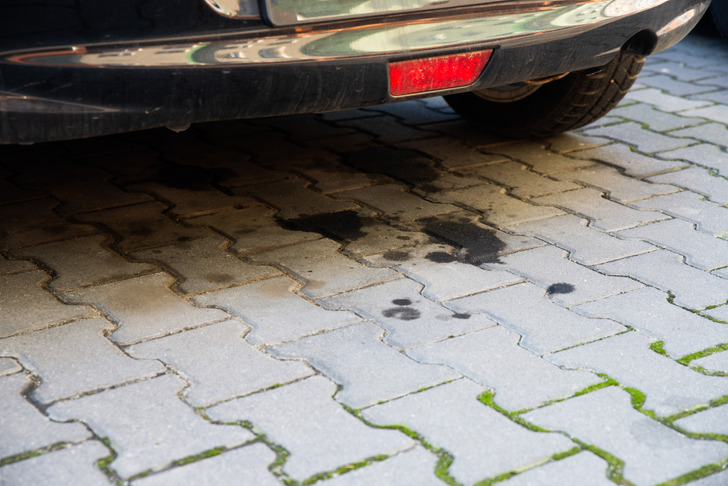
Oil belongs in your engine, not under it. You should check under your car regularly to see if there’s any leakage. Oil leakage can lead to more severe issues down the road, like engine, radiator, heating, ventilation, and air conditioning failure. It can also accumulate and cause gaskets and rubber hoses to degrade prematurely.
7. Soft or noisy brakes
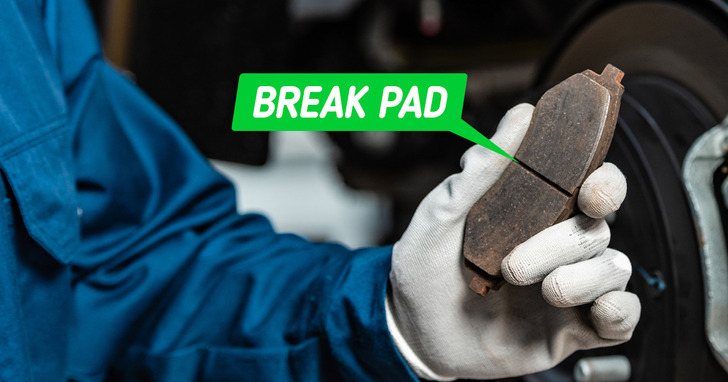
When you step on the brakes, it should feel firm. If it feels soft or there is a noise that accompanies it, that’s a sign of bad brake pads or a problem with the rotors or calipers. When you notice this problem, go to your mechanic as soon as possible because the more you wait, the more expensive the issue will become. Moreover, it’s unsafe to drive with bad brakes.
8. Strange noises
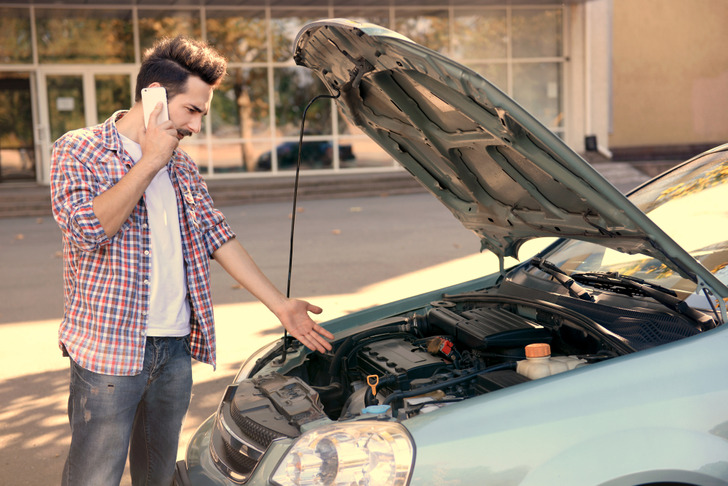
Your car should sound normal. There shouldn’t be any clicking, screeching, or creaking. They are all signs of a problem beneath the hood. If the noise becomes stronger or the situation appears serious, pull over safely and call for help. Remember where, when, and what caused the noise and tell the mechanic. This can help them identify the problem.
When to service your car
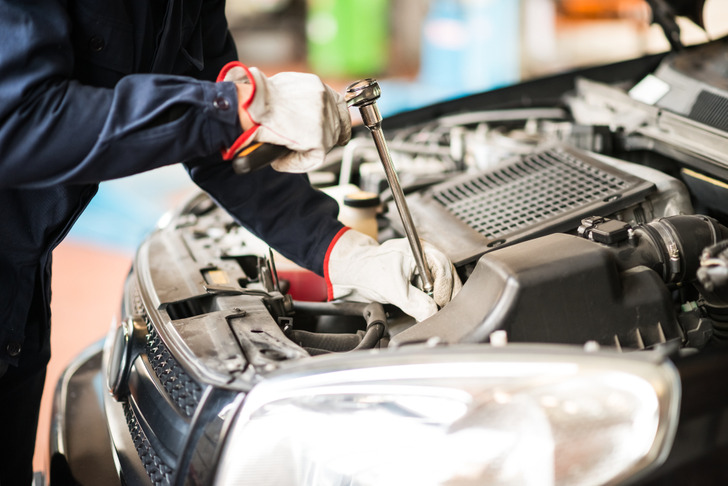
Usually, it’s recommended to service your car every 6 months to a year or when you have passed 10,000 km (6,213 miles). Vehicles that undergo more strenuous wear should be serviced more frequently. Also, older cars should be serviced more regularly.
Have you ever had a car problem or been stranded because of your car? Tell us in the comments.